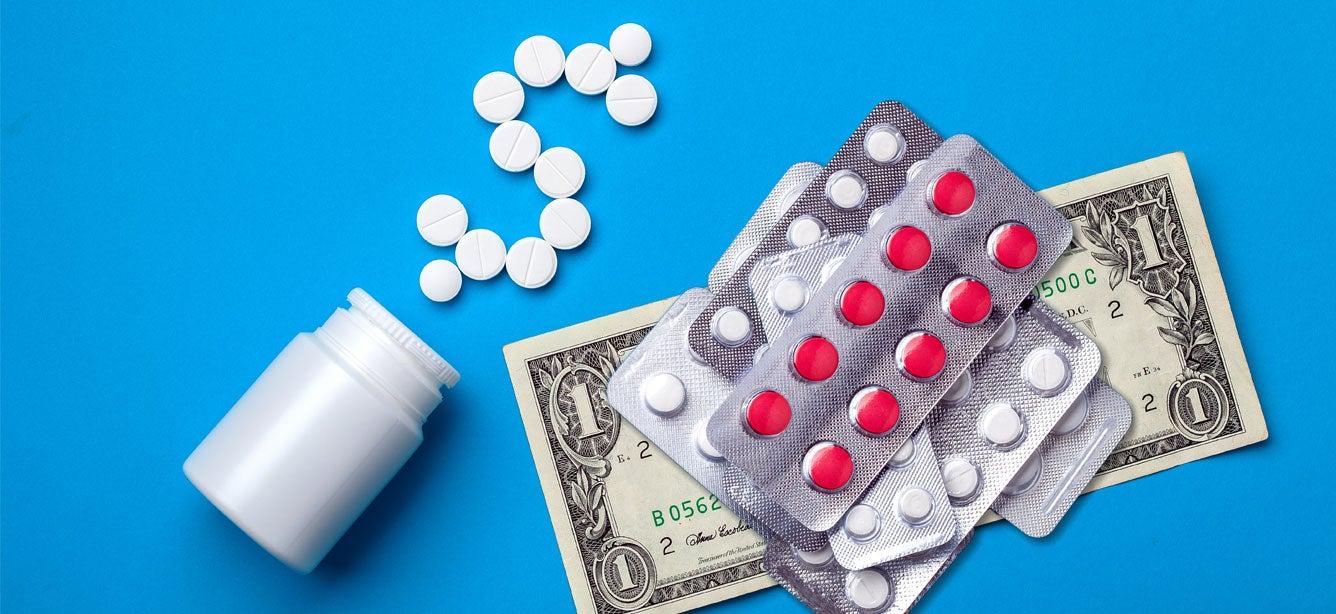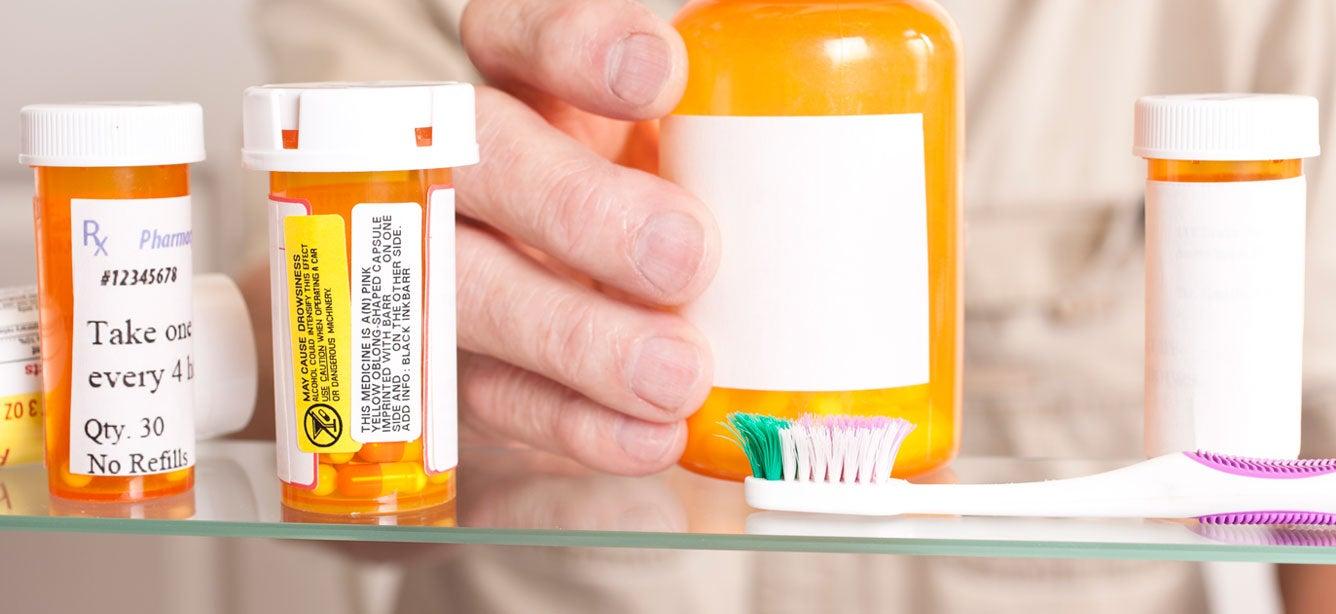
Related Topics
While you may have heard of the Medicare Part D Low Income Subsidy (LIS, or "Extra Help"), there are two lesser known programs available from state governments and drug manufacturers. They are State Pharmaceutical Assistance Programs (SPAPs) and Patient Assistance Programs (PAPs). Find out more about these valuable programs designed to support those who need help the most.
What are SPAPs?
State Pharmaceutical Assistance Programs (SPAPs) are state-run programs that assist low-income older adults and people with disabilities in paying for their prescription drugs. SPAP coverage varies by state, but the programs generally provide Medicare Part D “wraparound” coverage. This means they pay costs that Medicare Part D does not pay.
Does every state have an SPAP?
No. Fewer than half of all states have an SPAP. To find out if one is available in your area, visit Medicare.gov and select your state from the drop-down menu.
Who can apply for an SPAP?
Eligibility rules vary by state. Some states require applicants to be enrolled in Medicare and unable to qualify for the Part D Extra Help). Other states may only offer SPAPs to people with certain chronic conditions, such as those who are HIV+.
What are PAPs?
Patient Assistance Programs (PAPs) are offered by some drug manufacturers to help older adults, low-income people, and people with disabilities pay for pharmaceuticals.
Who can apply for a PAP?
Program eligibility guidelines vary. Some PAPs offer limited supplies of free prescriptions to anyone with demonstrated financial need. Other programs are limited to those who lack any type of insurance, or whose prescription drug coverage does not cover the medication being requested.
Where can I find more about available PAPs?
- Medicare.gov has a PAP database searchable by prescription drug name.
- Rx Assist offers a database of PAPs, searchable by drug or manufacturer name.
- NeedyMeds allows you to search for pharmaceutical assistance programs by drug name.
- NCOA's free online BenefitsCheckUp® tool connects older adults with a variety of prescription assistance programs, including Extra Help.
- You can also search for PAPs on a drug manufacturer's website.


